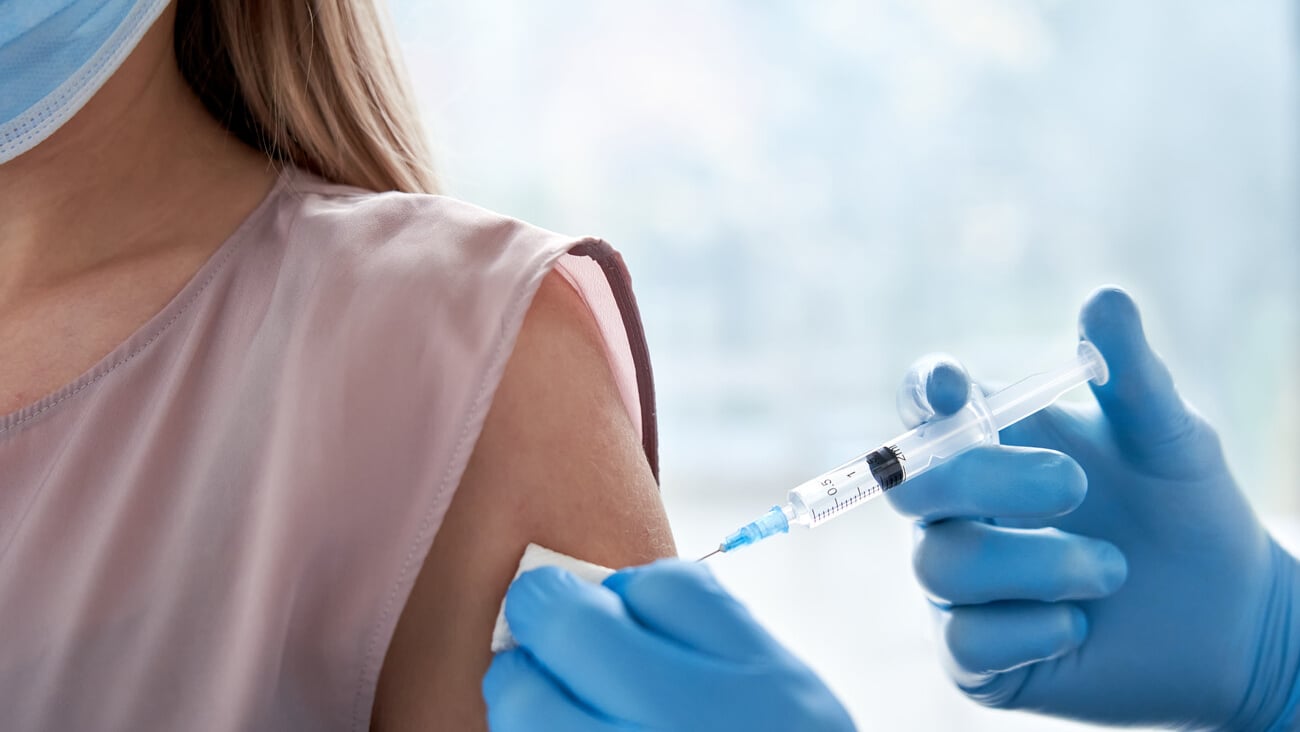Pharmacies are key to ensuring patient access to COVID-19 vaccine
Pharmacies have historically stepped up to address public health crises and immunization needs. Now, they have an opportunity to play a crucial role in supporting a COVID-19 vaccine — particularly in rural areas where they are the primary healthcare destination for miles.
Pharmacy-based immunization services can and should be leveraged to protect the health of our population. During the 2018-2019 flu season, 1 in 3 adult vaccines were provided at a pharmacy, according to the Centers for Disease Control and Prevention. Thinking back to the H1N1 pandemic of 2009, 10 large pharmacies participated in the CDC’s H1N1 Vaccine Pharmacy Initiative. In three months, approximately 5.5 million doses were distributed to these pharmacies. A subsequent pandemic influenza vaccine study, published in Disaster Med Public Health Prep in 2017, showed that national vaccine administration capacity increased to 25 million doses per week with pharmacists included in the model, and the time to achieve 80% vaccination coverage nationally decreased by seven weeks.
As the current health crisis continues, pharmacies are a proven asset to the healthcare system. We must ensure they are utilized to their full capacity for COVID-19 testing and immunizations to reach the most patients.
Preparing to Test and Treat
To position themselves for COVID-19 testing, pharmacies must be equipped with the right resources and support. This includes education on how to obtain and/or update a Clinical Laboratory Improvement Amendment, or CLIA, certificate of waiver, as well as an understanding of state-specific requirements. Pharmacies must then decide which tests to offer — diagnostic versus serology — and secure access to the necessary products and PPE through a trusted distribution partner. Most importantly, pharmacies must understand the path to reimbursement and how to bill for tests performed.
In anticipation of a commercial vaccine, pharmacies should stay in close communication with their distributor to ensure timely access and obtain any supplementary products needed to store or administer it. They should also prepare to inform their communities on the availability of testing and immunizations, while communicating their safety and efficacy to instill confidence in patients. Robust digital and social media marketing will help pharmacies educate patients, who are increasingly connected to their devices, on the services offered.
As pharmacies begin to provide these new services, we must ensure they can be properly and fairly compensated for their work.
Advocating for Reforms
The pandemic has highlighted the essential need for advocacy at the state and federal levels to support reimbursement reform and expansion of the pharmacy scope of practice.
Pharmacies have been fighting a financial battle against low reimbursement and direct and indirect remuneration, or DIR, fees for years. Legislators should eliminate DIR fees to help pharmacies maintain viability amid current economic challenges, especially at a time when their services are so critical.
The Department of Health and Human Services recently authorized pharmacists to order/administer COVID-19 vaccinations to persons age 3 years old and older. In August, HHS also authorized state-licensed pharmacists to order/administer all CDC-recommended and FDA-approved vaccines for children between the ages of 3 and 18 years old, aiming to strengthen vaccine access during the pandemic. These are positive developments, but questions remain about how pharmacists will be reimbursed for this service. Legislators must recognize pharmacists as reimbursable providers under Medicare Part B to both assist in the response to COVID-19 and support future public health initiatives.
With nearly 90,000 pharmacies in the United States, they represent the most accessible healthcare destinations in this county. Like doctors, pharmacies must be treated as essential sites of care for COVID-19 testing and immunizations to protect their businesses and, most importantly, patients.
Rich Tremonte is executive vice president of community and specialty pharmacy at AmerisourceBergen.





